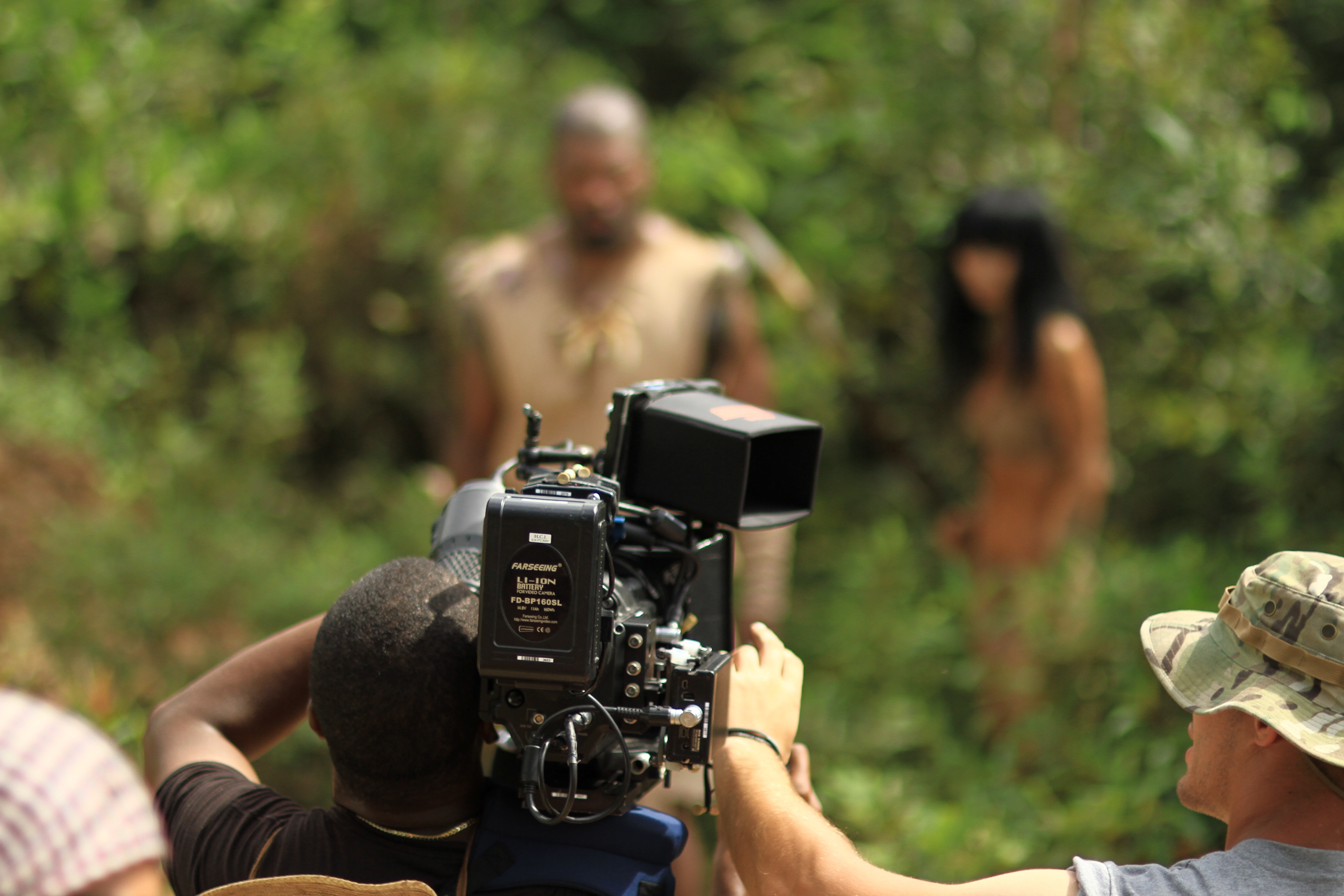Faith and Nollywood
Nollywood actor Seun Kentebe compares Christian production companies with their secular counterparts.
The cinematic giant of Africa, known as Nollywood, has left an indelible mark in the African film industry both home and abroad. Started as a movement in the early 90s, it is rated the second largest film industry in the world and shows no signs of slowing down anytime soon. While famous for its constant churning out of films in the comedy genre, Nollywood has also added Action, Thriller, Drama, Romance and even Sci-Fi to its roster.
Since the 1990s, faith-based movies have been making their presence felt. The production company, Mount Zion Drama Ministries, has been the standard bearer of Christian films in Nigeria. Since their debut film, Unprofitable Servant (1999) which was followed by the critically acclaimed Agbara Nla (1992), the faith based production company has churned out over 150 films to its credit.
While Christian films may not have as much prominence as their secular counterparts, they have created a noticeable space for themselves and have amassed a devout following. Just like the secular part of Nollywood, faith based films have also evolved from the days of dwelling on the spiritual, almost horror themed stories to more family oriented relatable ones. The themes of love, forgiveness, repentance, the wages of sin, death and even faith have been largely explored and, surprisingly, aren’t limited to only faith based companies, a few secular production houses have also waded in; notably Writer, Producer, and Director Biodun Stephens has touched on the subjects of faith and the wrong notions of sex in Christian homes with films like Joba and Half Mesures respectively. Also, the Wale Adenuga film, The Church, and the unconventional BB Sasore film, God Calling, buttress the claim that faith based storytelling is no longer solely a church-dominated genre.
Even with the similarities, there are still key differences. Christian films rely on Christian actors and are conservative in certain aspects, Secular filmmakers work with secular actors and are not bound by any form of restrictions. For instance, the PG rating certificate in Christian films prohibits kissing, but secular filmmakers aren’t afraid to push the envelope. There is also the issue of picture quality, promotion and visibility; Joba, The Church and God Calling have made cinema rounds, but we are yet to experience the same with Christian movies from Christian filmmakers. This could either mean they are comfortable with home video viewers, monies probably made from ministrations in various churches or the recent transition to YouTube channels.
The 1990s was an era of aggressive evangelism - every single Christian film was out to “scare” the viewers into accepting Christ as their personal Lord and Saviour. As time progressed, the scare tactic lost its potency and viewers yearned for better stories with high end production quality to back it up. Are Christian production houses equal to the task or will Christian film production fade away in Nollywood? Only time will tell.






